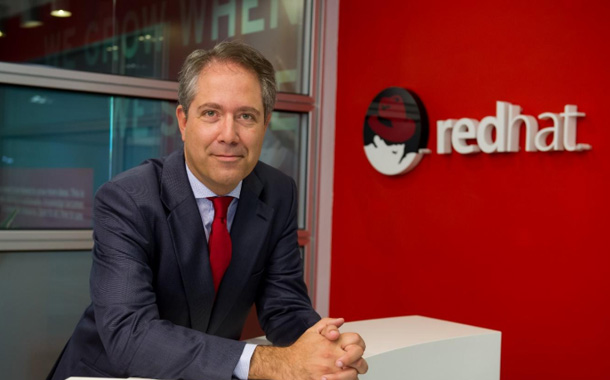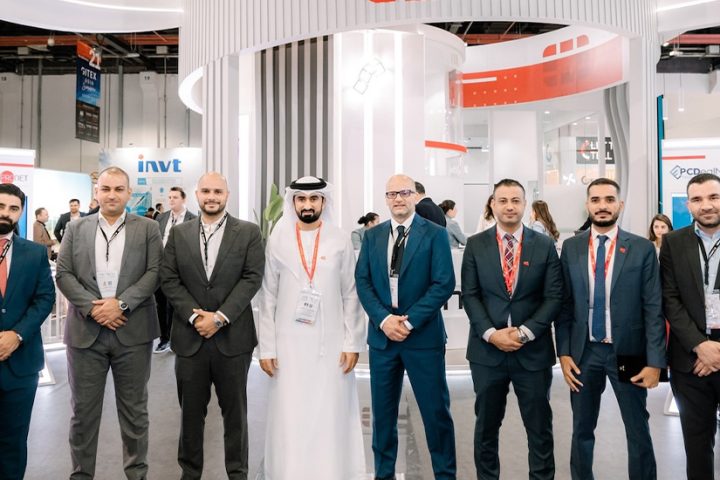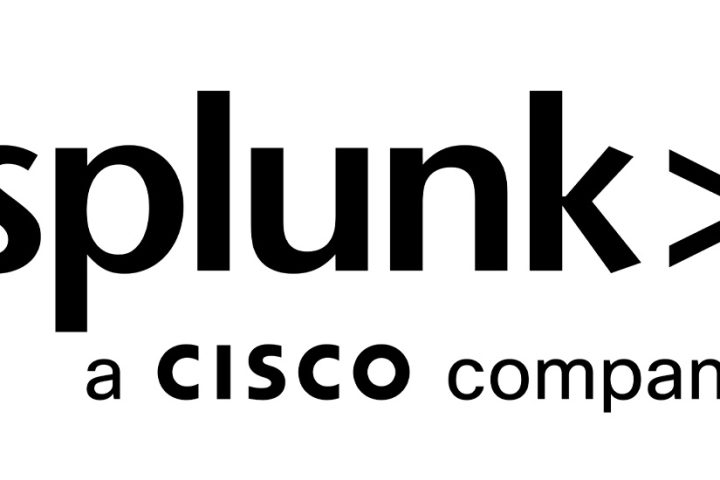Communications service providers (CSPs) across the world are looking to claim their position at the heart of the digital society, but they first need to become more agile and lean. There are many innovations that can help in this quest: NFV, SDN, the convergence of Networks and IT, cloudification, DevOps, and more. In most cases the required technologies are now available and ready for mission-critical environments. However, the surrounding operational processes and mindset are often in need of a thorough review.
CSPs are already modernising. Examples include the likes of Altice Group, which is building a holistic NFV platform with ambitious timelines for getting the majority of mobile traffic running on it. Or Three UK, which has developed a world-first cloud-native core network, designed to be massively scalable so it can respond to subscribers’ service demands.
Once CSPs have these initial NFV use cases up and running, they need to turn their attention to how to scale these out, adapting and improving their operational processes and, in many cases, the way they think about their operation altogether in order to become more agile and lean.
Open source is a key change agent in this process. It brings the desired innovation, yet is fundamentally different, in the way it is engineered, to other technologies – and CSPs need to understand how can they avoid the risks and reap the benefits.
Many CSPs are now participating actively in open source communities, either independently or hand-in-hand with Red Hat and other companies. Examples include companies like Telefonica, and like Orange, with whom Red Hat is engaged in joint engineering programmes in the OpenStack community in order to align the roadmap of OpenStack with the needs of CSPs for NFV use cases. With all this innovation and maturity available to the full industry, together we help keep it current and evolving, via contributions from diverse players as well as Red Hat.
Transition to cloud
Cloudification brings speed, efficiently. Digital-native businesses that are born in the cloud are more agile and innovative, including many over-the-top companies that now compete with CSPs for the value-add services that drive margins and customer loyalty. These companies can more freely experiment with new services without huge amounts of upfront investment or commitment, and they’re not afraid to fail fast. And when a service does take off it can scale quickly and reliably.
Most CSPs were not born directly in the cloud, but are fast adopting it. They are making the move away from dedicated hardware, away from monolithic systems with proprietary software running on a specific piece of equipment.
However, this is a change that may take some time for CSPs, which typically have significant legacy systems that may still not be fully paid off. But as their old systems come to the end of their maintenance lifecycle, or as new initiatives are launched, every new system is designed for more modern architectures. These are typically based on open source, helping to avoid proprietary lock-in, and perhaps more dangerous: the customization of open source code that deviates from standard upstream communities.
First, a cultural shift
Agility and efficiency does not come from technology innovation alone, but also require changes in process, mindset and culture. Red Hat’s recent Open Source Culture Survey revealed that 91% of respondents across industries thought that technological developments were changing the way their organisation had to operate in order to succeed, with 81% of respondents agreeing that having an open organizational culture is important to their company. However, only 67% of respondents said that their organization has the resources necessary to build an open culture, with 59% of them identifying legacy systems and outdated technology as a barrier to change. When it comes to human resourcing a tech roll out, having the right skill sets on board is only half of the challenge; having those people work in the most efficient way is the other.
CSPs have grown used to working in a certain way. Typically, they work on projects from beginning to end, ensuring that any new service or application is absolutely watertight before it is deployed. And rightly so. In the old inflexible world this is completely necessary. The ability to revise things on the fly is not an option.
Cloudified environments are different. They break the relationship between software and hardware, and even between different layers of software architecture, enabling flexibility and hybridity. Much faster change is possible without jeopardizing reliability and operations, but this also requires a review of organizations, processes and mindset.
Knowing this and doing this are two very different matters though. It is unrealistic to expect sweeping reform among the CSPs community. It is more likely to happen on a project by project basis, step by step. Building open cloud platforms to enable virtualization is a first step, and CSPs are well on the way with this. At Red Hat we have helped the world of IT transform into a cloud world, and together with our clients and partners we are now doing the same in the network world. The benefits of embracing the next-generation wave of technologies is well documented, and just about every CSP on the planet is looking at how it can accelerate the transition














